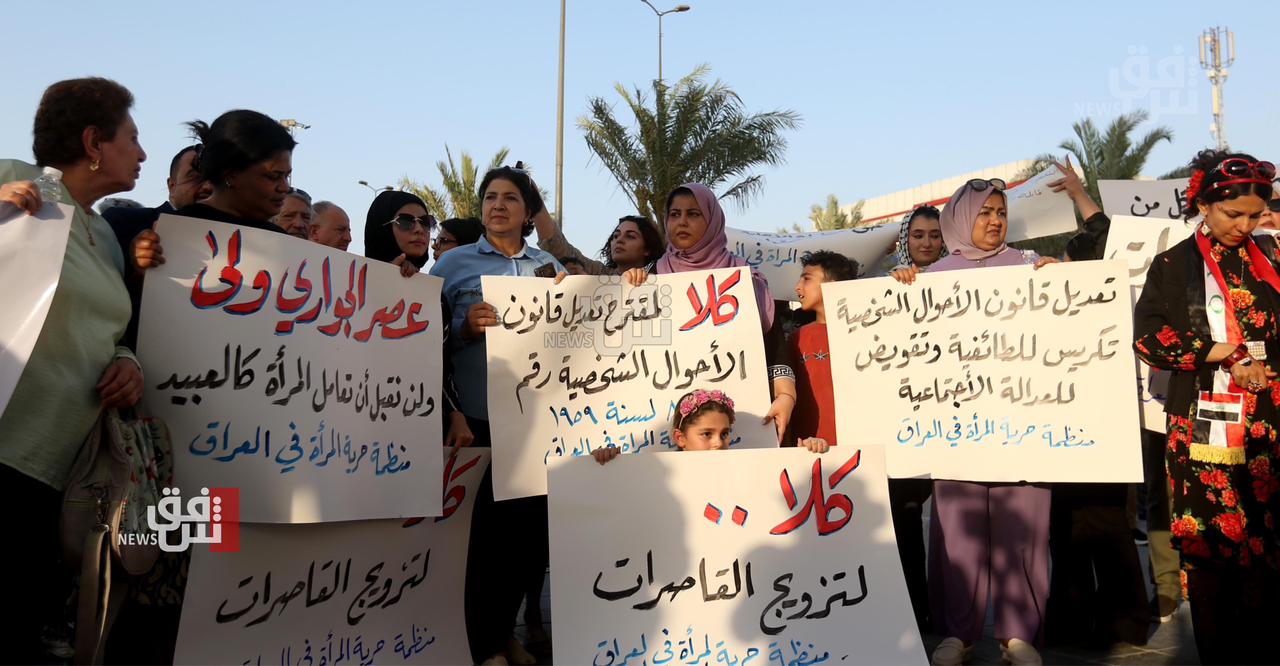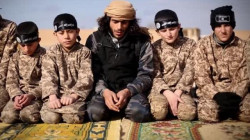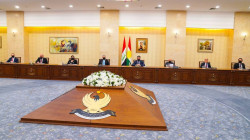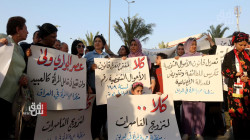HRW: Iraq's proposed Personal Status Law amendment would erode women's and girls' rights

Shafaq News/ Human Rights Watch (HRW) has raised serious concerns over an amendment to Iraq's Personal Status Law currently under consideration by the Iraqi parliament, warning that it could severely undermine women's and girls' rights.
The amendment, which passed its first reading on August 4, 2023, would allow religious authorities rather than state law to govern key issues such as marriage and inheritance, HRW said in a report released on Friday.
If enacted, the amendment would allow girls as young as nine to be married, a move HRW described as "disastrous" for women's and girls' rights under international law. The organization emphasized that this change would roll back protections for women regarding divorce and inheritance, further exacerbating gender inequality in Iraq.
"The Iraqi parliament's passage of this bill would be a devastating step backward for Iraqi women and girls and the rights they have fought hard to enshrine in law," said Sarah Sanbar, Iraq researcher at Human Rights Watch. "Formally legalizing child marriage would rob countless girls of their futures and well-being. Girls belong in school and on the playground, not in a wedding dress."
The report pointed out that the proposed amendment would effectively establish separate legal regimes for different sects, allowing couples to choose whether to follow the Personal Status Law or specific Islamic schools of jurisprudence when concluding a marriage contract. Under this arrangement, if couples are from different sects, the school followed by the husband's sect would apply, which HRW said would "enshrine sectarianism" and undermine the principle of legal equality guaranteed by Iraq's constitution and international human rights law.
For instance, the Jaafari school of law, followed by many Shia Muslims in Iraq, permits marriage for girls as young as nine and boys as young as 15. This starkly contrasts with the current Personal Status Law, which sets the legal marriage age at 18, or 15 with a judge's permission.
HRW explained that the amendment would not only legitimize child marriage but also legalize unregistered marriages, which are currently illegal under Iraqi law but conducted by religious leaders. These marriages, HRW noted, have harmful effects on women's and girls' access to government services, health care, and legal rights.
The report further highlighted that unregistered marriages, which are increasingly common in Iraq, contribute to the rising rate of child marriages. According to a March 2024 HRW report, "Unregistered marriages are already a loophole enabling child marriage in Iraq, where child marriage rates have been rising over the last 20 years...The United Nations Children's Fund (UNICEF) reported that 28 percent of girls in Iraq are married before age 18. According to the UN Assistance Mission in Iraq, 22 percent of unregistered marriages involved girls under age 14."
HRW also criticized the amendment for stripping away protections for divorced women. Under the current law, women have certain rights to maintenance, housing, and dowry following a divorce, but these would be lost if religious law were applied. The Jaafari School of Law, for example, does not grant divorced women any right to their marital home or maintenance, and children would remain with the mother for only two years, provided she does not remarry.
"The amendment would also remove and undermine protections for divorced women. Under the existing Personal Status Law, if a husband requests a divorce, the wife has the right to remain in their marital home for three years at the husband's expense and to receive two years of spousal maintenance and the current value of her dowry. If a wife requests a divorce, a judge can award her some of these benefits depending on the circumstances."
Moreover, the amendment would delegate significant power to religious authorities, allowing the Scholar Council of the Shia Endowment Office and the Fatwa Council of the Sunni Endowment Office to develop a "code of Sharia [Islamic law] rulings on personal status matters" without requiring approval from lawmakers or the public. HRW warned that this would remove democratic oversight from the legal process and disproportionately empower religious authorities.
HRW pointed out that the amendment would violate several international treaties to which Iraq is a party, including the Convention on the Elimination of All Forms of Discrimination against Women (CEDAW) and the Convention on Rights of the Child. It also likely contravenes the International Covenant on Civil and Political Rights and the International Covenant on Economic, Social, and Cultural Rights by discriminating based on religion and gender.
Sanbar urged Iraqi parliamentarians to reject the amendment, stating, "Failure to do so means current and future generations of Iraqi women will remain strangled by an oppressive patriarchal legal system." The amendment, introduced by independent parliamentarian Raad al-Maliki, follows his earlier proposal that criminalized same-sex relations and gender-affirming medical interventions, which passed in April 2024, drawing widespread condemnation from human rights organizations.





